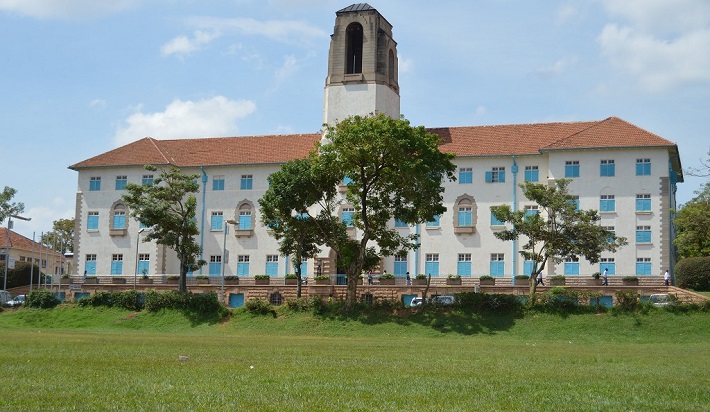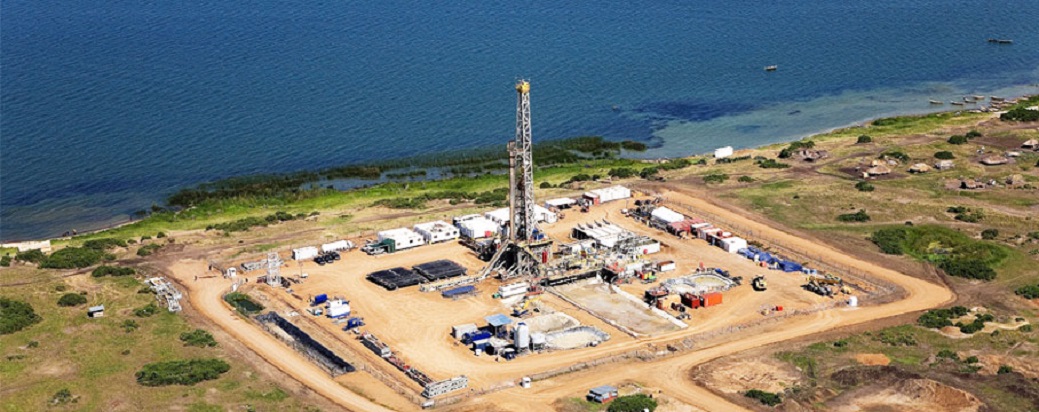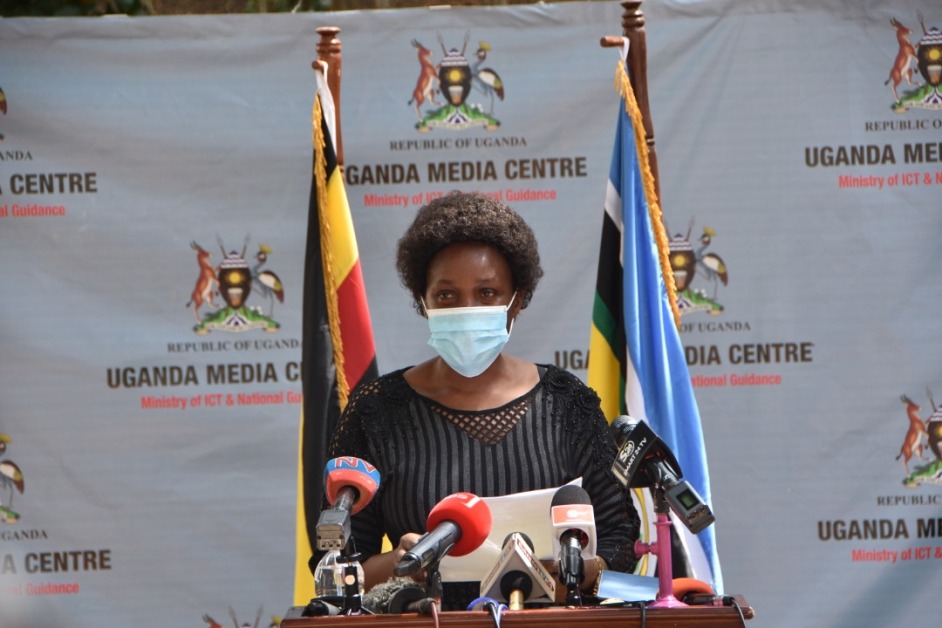The department of Journalism and Communication at Makerere University has re-echoed its desire to be elevated from a department to a school level.
Dr Aisha Nakiwala Ssembatya, the head of the department of Journalism and Communication made the call while launching the postgraduate programmes that were recently introduced by the department. They include the Master of Strategic and Corporate Communication, and the Master of Journalism and Multimedia.
Previously, the department offered one course; the Master of Art in Journalism and Multimedia. But Nakiwala said that the changes, which resulted in the creation of the two programmes are in response to the current strategic targets of shaping media practices across the globe.
“We intended to leverage our role as leaders in shaping the media, journalism, and communication professions in Uganda, East Africa, Africa, and the world, as such our graduate programmes were conceived as a result of ever-increasing demand for advanced, skilled and quality training in Journalism multimedia, strategic, corporate and development communication”, she said.
Nakiwala says that after completing the lengthy process of introducing the two programs, they will now focus on transforming their department into a School of Journalism and communication over the next five years. The department, with 15 academic staff members, 13 of whom are PhD holders, is part of the School of Languages, Literature, and Communication.
“It is no longer tenable to remain the way we started, we need to grow so that we can inspire other institutions. Our growth also means that we have the bigger capacity to deliver on the strategic objectives and aims of our department, but also help the University in terms of transforming the social landscape,” she said.
Professor Umar Kakumba, the Deputy Vice-Chancellor in charge of Academic Affairs, said that while he agrees with the Department’s desire to become a school, they must tick all the boxes for a school status. According to Kakumba, the department will need to increase the number of programs offered as well as the number of staff lecturers. He added that the department requires a minimum of two programs, both postgraduate and undergraduate, each with a distinct focus.
Asked if the department is willing to split its bachelor program from the Bachelor of Journalism and Communication, Nakiwala said they are not considering that move, but that they will focus on introducing more postgraduate programs.
“We are not planning to disintegrate; growing does not mean splitting Programmes to have so many, the growth we are talking about is the growth that should lead us into consolidating and providing better quality training, so for now, we are not planning to split our undergraduate program, we will split at the top, we will get as many master programmes, but we are still keeping our undergraduate program as one,” Nakiwala said.
In the same vein, Kakumba revealed that the university is in the advanced stages of reinstating Campus FM after a long period off-air. Kakumba stated that they received assurances from the Minister of ICT and National Guidance Chris Baryomunsi that the Uganda Communication Commission will reinstate their frequency on the FM spectrum.
This follows a lengthy outcry from the department after its radio frequency 107 FM was withdrawn due to non-payment of annual broadcasting and frequency fees and was later sold to city Pastor Aloysius Bugingo and renamed Salt FM.
Nakiwala says that the department needs the station in order to boost the practical skills of its students. She believes that having a department of Journalism and communication without a radio is a disservice to not only the students but also to the entire country.
Dr Sauda Namyalo, the dean of the school of Languages Literature and Communication, commended the department for its efforts in developing the new programs but expressed concern about reports of students taking longer to graduate after enrolling on a Master’s Program.
“The song in Makerere University has been that graduate students take almost five, six, eight years before they graduate. We are saying no, under my leadership, if an MA is two years, it has to be two years, and I have been in meetings with heads of departments to put in place everything that one needs to study,” Namyalo said.
Dr George Lugalambi, who delivered the keynote address, urged journalists to avoid the social media syndrome, which he said poses a threat to traditional journalism. While he agrees that social media takes a lion’s share in breaking news, Lugalambi said, journalists must distinguish themselves from non-professionals by using social media to promote good journalism.
The teaching of the two master programs that have been split from journalism and communication is starting this academic year 2022/2023
–URN





